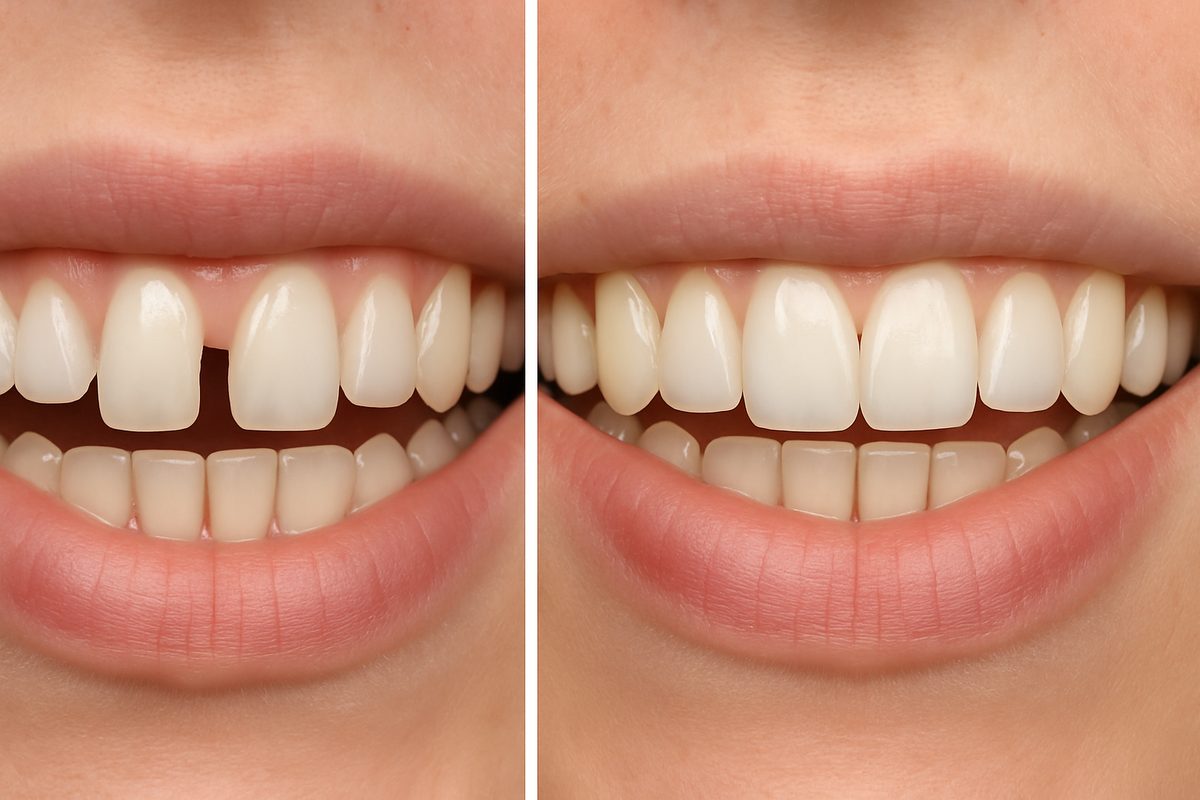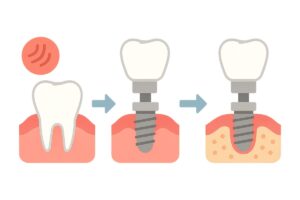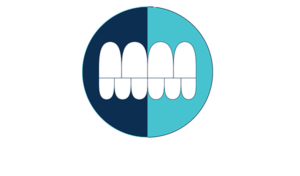If you want to fix a missing tooth, this post gives a simple overview of dental implant choices, timelines, and clear next steps. You’ll learn the main implant options, what affects your treatment plan, and how to move forward to restore chewing, speech, and confidence.
Throughout this guide we’ll show how to fix a missing tooth in Midwest City, OK, what to expect during treatment, and practical tips for financing and scheduling your care.
Why You Should Replace A Missing Tooth
Leaving a gap can cause long-term problems. Teeth next to the space can shift, changing your bite and causing jaw pain. Bone in the empty area starts to shrink, which can affect the look of your face and make future replacement harder. Gaps also make chewing and speaking harder and increase the risk of gum disease near the empty socket.
Replacing a missing tooth early helps preserve bone, prevents shifting, and keeps your mouth healthier overall. If you want to fix a missing tooth in Midwest City, OK, timely treatment gives better outcomes and fewer complications later.
Dental Implant Options To Fix A Missing Tooth
Single Tooth Implant (implant + crown)
A single tooth implant uses a titanium post placed in the jaw to act like a natural root. After a healing period when the post integrates with bone (osseointegration), a custom crown is attached. Healing typically takes a few months, but many patients have a temporary tooth while they heal. This approach restores function and looks like a natural tooth.
Implant-Supported Bridge
If two or more adjacent teeth are missing, an implant-supported bridge can replace them without grinding down healthy neighboring teeth. Implants at each end support a bridge of crowns. This is a good choice when multiple nearby teeth are gone but a full-arch solution isn’t needed.
All-on-4® Full-Arch Restorations
All-on-4® is designed for patients missing most or all teeth in an arch. It uses four strategic implants to support a full set of replacement teeth. It’s usually not used to fix a single missing tooth, but it’s a fast, stable option for full-mouth restoration and can often deliver teeth the same day.
Same-Day Crowns & Immediate Restorations
Digital workflows like CEREC® and immediate-load protocols can shorten treatment time. CEREC® same-day crowns let some patients get a permanent-looking crown in one visit. Immediate restorations attach a temporary tooth to an implant right after placement for faster function and appearance, depending on bone quality and case complexity.
Key Factors That Determine Which Option Is Best
Bone health and possible grafting
Bone volume and quality dictate implant placement. If the jawbone has shrunk, a bone graft may be needed before implants — this adds time and cost but creates a stable foundation for long-term success.
Number and position of missing teeth
A single front tooth is treated differently than a back molar or a group of missing teeth. Location affects force on the implant, aesthetic needs, and the best restorative option.
Timeline, comfort, and sedation needs
Some patients prefer to move quickly with same-day options, while others accept staged treatment for the best long-term result. Sedation choices (oral, nitrous, IV) affect comfort and how the appointment is planned.
Cost and insurance/financing
Insurance often covers part of implant care but has limits. Financing options like CareCredit, Cherry, or Proceed Finance can spread payments. Consider upfront costs against long-term value — implants often last decades when cared for properly.
What To Expect During Implant Treatment
Typical steps:
- Consultation and digital planning with scans and x-rays.
- In-house surgery to place the implant(s) in a controlled surgical suite.
- Healing and osseointegration (weeks to months) while you wear a temporary tooth if needed.
- Final restoration: custom crown, bridge, or prosthesis placed and adjusted.
- Routine follow-ups and hygiene to ensure long-term success.
Most patients have manageable discomfort controlled with local anesthesia and pain medication. Recovery time varies by procedure but most return to normal activities within a few days to a couple weeks.
Why Choose Dentistry By Design To Fix A Missing Tooth By Midwest City, OK
Dentistry By Design provides full, under-one-roof implant care next to Oklahoma City. The practice uses digital planning, an in-house surgical suite, sedation options (oral, nitrous, IV), and CEREC® same-day crowns to make treatment precise and efficient. The team, led by Dr. Edward Harroz, Jr. and Dr. Edward Harroz, III, focuses on comfortable, predictable results and offers financing to keep care affordable.
How To Get Started
To begin, schedule a consultation and bring recent x-rays and insurance details if you have them. Ask about your timeline, sedation options, and financing choices. At your first visit you’ll get an exam, digital scans, and a clear treatment plan with costs and steps explained.
Quick FAQ
Will getting an implant hurt? You’ll be numb during the procedure and can choose sedation for comfort. Mild to moderate soreness is normal afterward and usually controlled with over-the-counter or prescribed pain meds.
How long does it take to fix a missing tooth? A simple single-tooth implant often takes a few months from placement to final crown. Same-day options can reduce visible downtime, but bone healing still takes weeks to months in many cases.
How much will it cost to fix a missing tooth? Costs vary by the type of implant and whether grafting or additional work is needed. Expect a range depending on materials and procedures; ask about insurance coverage and financing like CareCredit or Cherry to spread payments.
If you’re ready to fix a missing tooth in Midwest City, OK, call Dentistry By Design to schedule a consultation and get a personalized plan.






